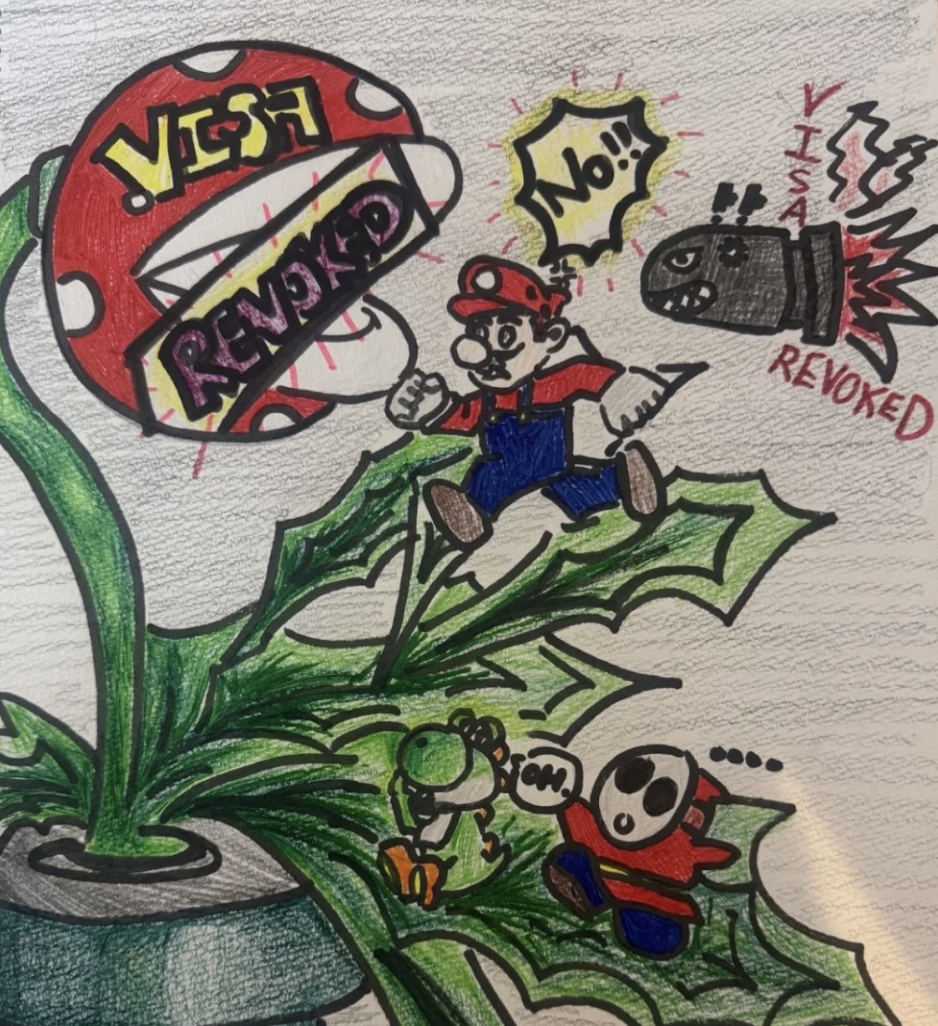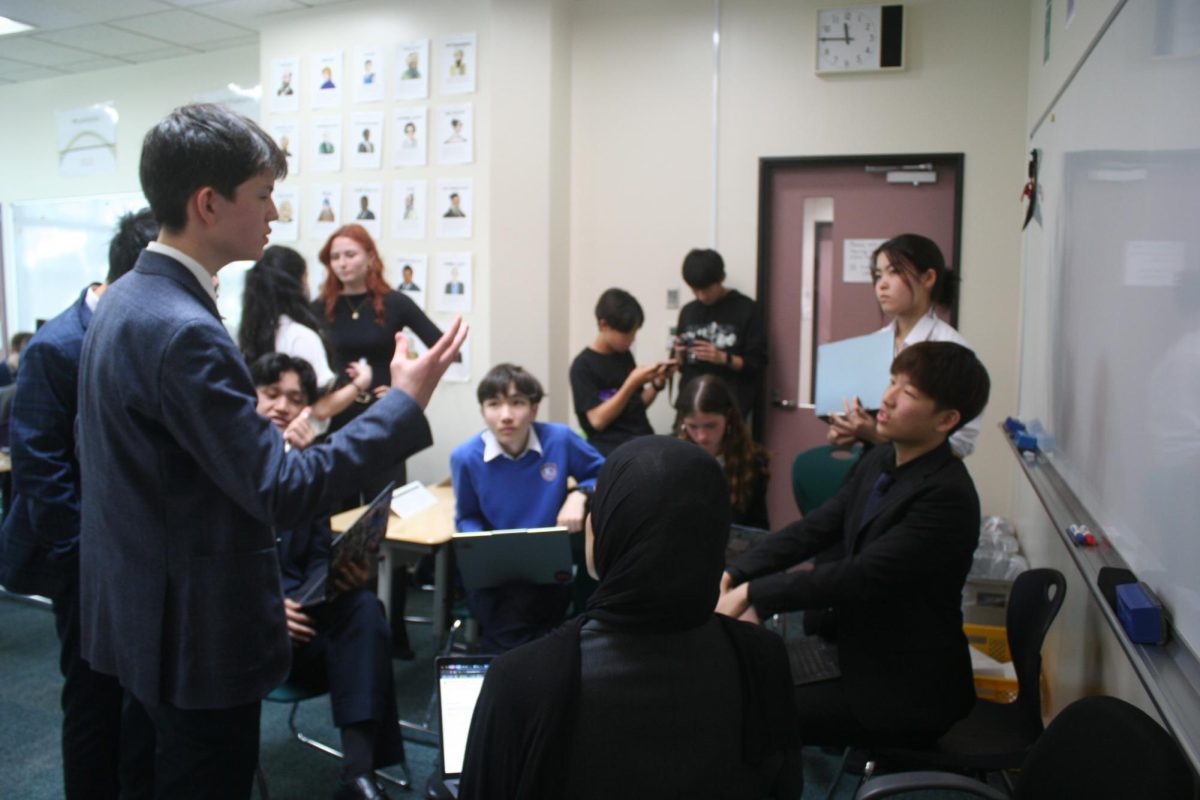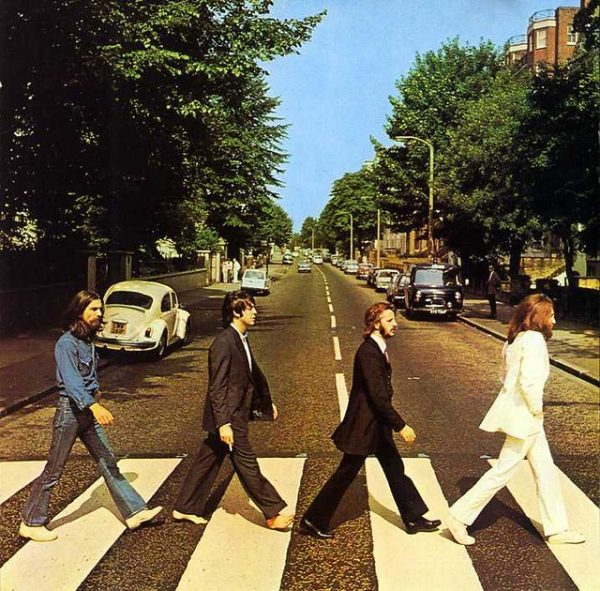On Connection
March 29, 2022
Humans are social animals. We have an innate need for love, connection, and companionship. Our social relationships are complex — each of us is impossibly unique and interesting in our own way and seeks connection with others based on these individual attributes. But why?
While some people can completely remove themselves from the rest of the world, this type of behavior isn’t sustainable for the majority of us. So we have to be in the company of people, and consequently, evaluate most of our actions based on the society around us. But admittedly, many of us aren’t very good at mingling. How do we connect with others around us? And is the accompanying pain worth the joy we experience from relationships?
I recently had the great pleasure of spending 11 days alone in a quarantine hotel. It was one of the most peaceful experiences of my life, and at the same time, deeply saddening.
Alone in my hotel room, having the time of my life, I thought about my own relationships. Only when we are removed from social interaction can we truly see the scope of its impact — both positive and negative. Although we seek enjoyment and satisfaction from our social interactions, it also causes many of our problems as well. In our everyday lives, we don’t get upset because God struck us with lightning. Instead, we become upset from the small things — such as when we said something hurtful to a friend, or when we were unable to communicate something clearly. Think about all the little things that have happened to you in the last couple of days: how many of them are directly related to your relationships with other people?
During my fun quarantine time, I read Erich Fromm’s The Art of Loving. This book focuses on both the love we have for each other and for ourselves. Fromm has a very interesting thesis: that love, like any other creative art, is something we must practice to master.
Fromm argues that we must practice love by consciously pushing ourselves to develop our full personality, becoming someone most capable of giving and receiving love. We must practice responsibility, respect, and knowledge, in order to love our neighbors perfectly. By practicing these virtues, we can learn to love others for the intrinsic joy of union and the intrinsic human connection rather than as a selfish escape from separateness. Fromm believed that to truly love one person, one must first develop the capacity to love all of mankind, including oneself.
Fromm also points out that despite the need for love, modern society has created barriers to true connection. When this book was published in 1956, Fromm was disturbed by the negative impact a changing culture and mass media were having on the authenticity of relationships. He believed that people were increasingly seeking to be loved rather than to give love. Modern society reflects this worrying development. Now, we have the tools to stay alone for as long as we like. We can work from home, order food without speaking to anyone, and separate ourselves from those around us with alarming ease. We engage in actions of love in ways that we carefully control. We make sure our hair looks fine before we pick up a FaceTime call. We post only our best pictures on social media. Our connections with others have become increasingly superficial, hindering our ability to love authentically.
Let’s take a step back. What is really stopping us individually from loving each other, from achieving deep, human connections, the kind of connection that reminds us we’re alive? For some of us, it might be fear of rejection. For others, past trauma is associated with connections. And still, others may prioritize temporal needs over human relationships. But Fromm still encourages each of us to practice, grow, and push ourselves in learning this tricky art of love, no matter how difficult. Why? We connect with people because it’s the greatest thing we can do to find happiness and fulfillment in this life. Our greatest gift is each other.
I highly recommend Erich Fromm’s The Art of Loving and implore you to take some time to contemplate the nature of your relationships with yourself, your friends, parents, and partners. Let’s practice loving, so we can connect with others on a deeper level, and in doing so, find greater joy in our lives.




















